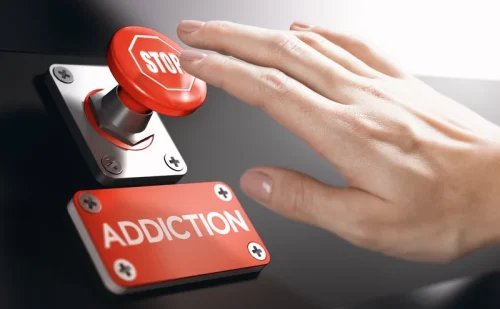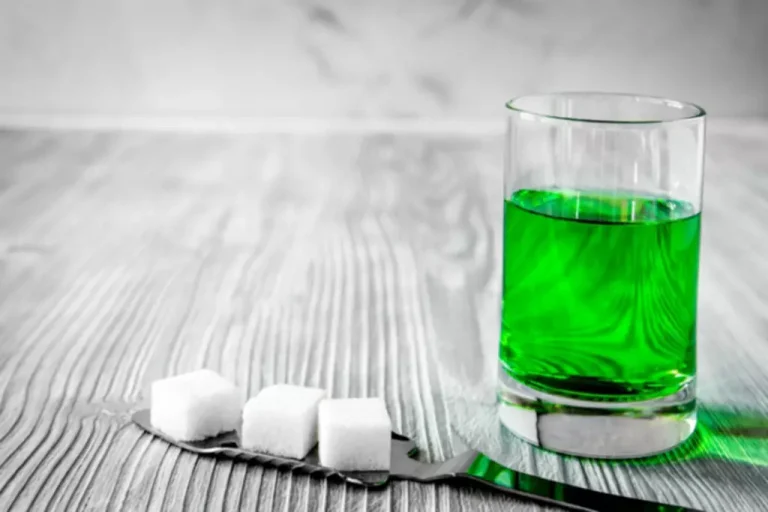
Many people share success stories about using mindfulness in addiction recovery. Some people find relief from chronic pain when they bring mindful attention to tense muscles or sore joints. Others notice fewer intrusive thoughts because they practice daily breathing check-ins. They replace moments of stress with moments of reflection. Guided meditation can play an important role in addiction recovery, especially when combined with professional treatment. It helps by easing cravings, lowering stress, and building emotional strength – all of which are crucial for maintaining sobriety.
How Readings and Meditations Support Long-Term Sobriety
Daily recovery readings and meditations keep your mind focused and help you handle stress. They remind you that you’re not alone and that recovery is a process, not a one-time fix. Meditation can also help with cravings, emotions, and mental clarity. A few minutes of recovery and meditation each morning or night can be enough.
- The spiritual meaning of Just for Today is to focus on the present moment while letting go of yesterday’s regrets and tomorrow’s fears.
- Have faith that the road ahead should be much clearer in a day or two.
- At those moments we do not feel deserving of love, but we can stop fending it off.
- The main goal of mindfulness meditation is to sync up the mind and body for improved mental well-being and an enhanced quality of life.
- Broken down into three sections, first, your start to let go of all thoughts.
Day by Day: Daily Meditations for Recovering Addicts, Second Edition (Hazelden Meditations) Paperback – May 28, 1998

The mental clarity that comes from the practice of meditation makes it easier for addicts to make healthy choices that support their recovery. As cravings continue to arise, especially in early recovery, individuals can observe their thoughts and desires without having to act on them. Recovering addicts learn that they are not responsible for their thoughts, but they are responsible for how they react to those thoughts. Through meditation they can acknowledge their addictive thoughts without trying to push them away, yet choose the path of recovery. The journey of sobriety is often built upon a solid foundation known as the five pillars of sustainable sobriety. These pillars—Movement, Connection, Balance, Routine, and Growth—serve as essential components that support individuals in their recovery efforts.
Alcoholics Anonymous
We publish material that is researched, cited, edited and reviewed by licensed medical professionals. The information we provide is not intended to be a substitute for professional medical advice, diagnosis or treatment. It should not be used in place of the advice of your physician or other qualified healthcare provider. It should not be used in place of the advice of your physician or other qualified healthcare providers. Research from the Journal of Substance Abuse Treatment highlights how mindfulness meditation can reduce anxiety and depression in those recovering from substance use disorders.
- These resources provide guidance on maintaining your recovery and overcoming withdrawal symptoms.
- I also know that I can experience that Power in my life.
- Sometimes it is self-defeating to close ourselves off in a relationship.To stop being vulnerable, honest, and present for another person can put an end to the relationship.
- Hope was a casualty for many of us in our life of chaos and extremes.
- Self-reflection also lays the groundwork for achieving authentic happiness.
- Our cutting-edge approach combines advanced therapies with traditional methods, ensuring each patient receives the tools necessary for successful, long-term sobriety.

The victories you have won over yourself through the help of God can be shared with others. You can help them by imparting to them some of the victory and security that you have gained in your life apart. When I no longer live under the dictates of another or of alcohol, I live in a new freedom.
Over time, you can track your progress and notice patterns in your moods, cravings, and reactions. This self-awareness helps you refine your mindfulness practice and stay motivated. Another person told of how he had attempted to get clean unsuccessfully but is now sober thanks to mindful meditation. He has been to individual therapy, outpatient groups, inpatient heroin addiction treatment (9 times) and 12-steps, but was still struggling with addiction and relapse for a decade. “meditation helped me to change my perspective,” he said. The five methods discussed – mindfulness, focused, movement-based, loving-kindness, and transcendental meditation – provide practical ways to aid in recovery.
Practices like Vipassana, mindful breathing, and body awareness meditation help retrain the brain, making it easier to resist cravings. Groups like Alcoholics Anonymous now advocate meditation as part of recovery. Welcome to Unity for Recovery’s collection of free printable recovery resources. These tools are designed for individuals recovering from alcoholism, addiction, and life-controlling issues. Whether addiction meditation kundalini you’re working through the 12 Steps, journaling your journey, or connecting with a Higher Power through prayer, these worksheets and journals are here to guide your healing. In the journey of recovery, aligning with a spiritual perspective is essential.

Customers find the book easy to read, with one mentioning its simple passages and another noting that the entries are relatable. However, not all content is created equal or with the same conscientious attention to detail and accuracy. Start small with 5-10 minutes daily and consider combining meditation with professional therapy for better results. Grandfather, today, let me know all people are my Halfway house teachers and I am the student. Many different journeys have been taken by the men who finally entered this program in search of hope. Most of us have known our own brand of desperation, but we have one thing in common – the loneliness we felt.